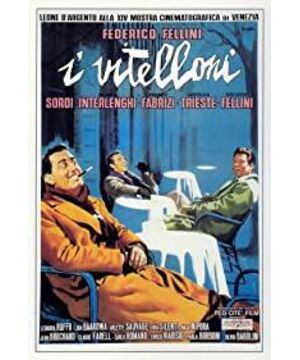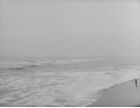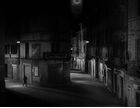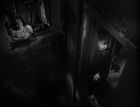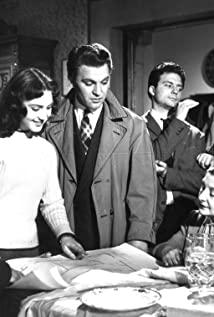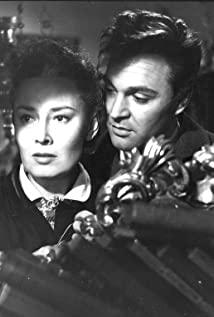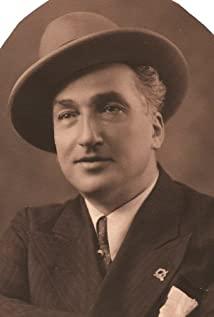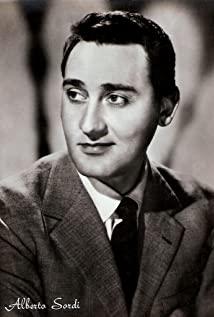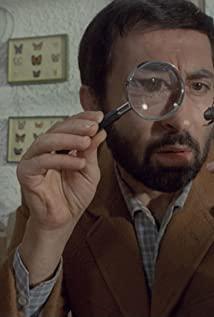is somewhat consistent with the characters in Wang Shuo's works. They are urban tramps, unencumbered by ethics. They live unrestrainedly and unrestrainedly. Seeing one loves the other, rhetoric to the girl, and chasing and entanglement are the usual methods. Once they succeed, they will quickly move towards another goal. Love is more like fast food for them, simple, rough, and the pursuit of speed.
Faust had to walk into the grave of love because Sandra was pregnant. His grief came from being restricted by marriage, so he forced a smile at the wedding, and his heart was full of hesitation and helplessness. However, his friend comforted him: "Marriage is a quick and innocuous thing." This also paved the way for him to continue unscrupulously searching for flowers and willows even though he was under the shackles of marriage.
Faust is the incarnation of lies, he can leave Sandra in the cinema and pursue a married man, and use lies to restore the marriage that is on the verge of breaking again and again in Sandra's grief-stricken cries again and again. , he could easily gain the trust of Morad, and even Morad complained that he was fired from the idol shop and was willing to steal from him.
The playwright is also eager for love. He knocks on the window of the girl next door on a lonely night, but he hugs another girl at the moment of revelry and continues to fabricate his own lies brazenly.
2. The opposite of ideal is not reality
. At the beginning of the movie, Faust encouraged Morad to run away with him. He used to go to the big city to tempt his companions, which may be the reason why Morad ran away. Faust may have ambitions, but he is obviously not a person who is willing to pay. Eating laziness is a common feature of him and his companions. The ideal is always as far away as utopia, and it truly reflects the mental state of the younger generation of Italian society at that time.
A playwright needs an introduction to meet a girl, and even advertises himself as an outstanding writer. Until he met a famous actor, he thought he had met a noble person in his life. So he poured out his heart and even showed his talent at all costs. He wanted to leave, he wanted to become famous, but his natural cowardice and inferiority made him still struggling to live in this hopeless place.
It appears many times in the film. Several young people carry bottles on the street, strike up a conversation, and watch people fishing at the beach. They waste their time and have no direction. Just like the film says: "We have nothing to do but go home. , there is nothing to do, as usual.”
3. Men and women
films still show a male-dominated social structure on the surface, we often see domineering fathers, young men who play with women at will, women in the family The characterization is always in a weak position. More shows us a sense of responsibility in the older generation of men, and more in the younger generation is the yearning for freedom and the desire to explore the new world.
The typical representative of the women in the film is Sandra. She is loyal to love, and even if her husband betrays many times, she still does not abandon her, and she does not even care about her husband's incompetence. The proprietress of the statue shop is a typical woman who is bound by ethics and morality. She was drunk and teased Faust, but she did not dare to break the shackles. She still lived confusedly and in a cage. The film repeatedly portrays Alberto's weeping mother, which to some extent becomes a representation of weakness. The appearance of two independent women in the film is also worthy of attention. The first is a woman in the theater. She seduced Faust by lighting a cigarette, but she played Faust with applause with "Next Meeting". Alberto's sister ran away for love, the only woman in the film who really went out.
View more about I Vitelloni reviews


